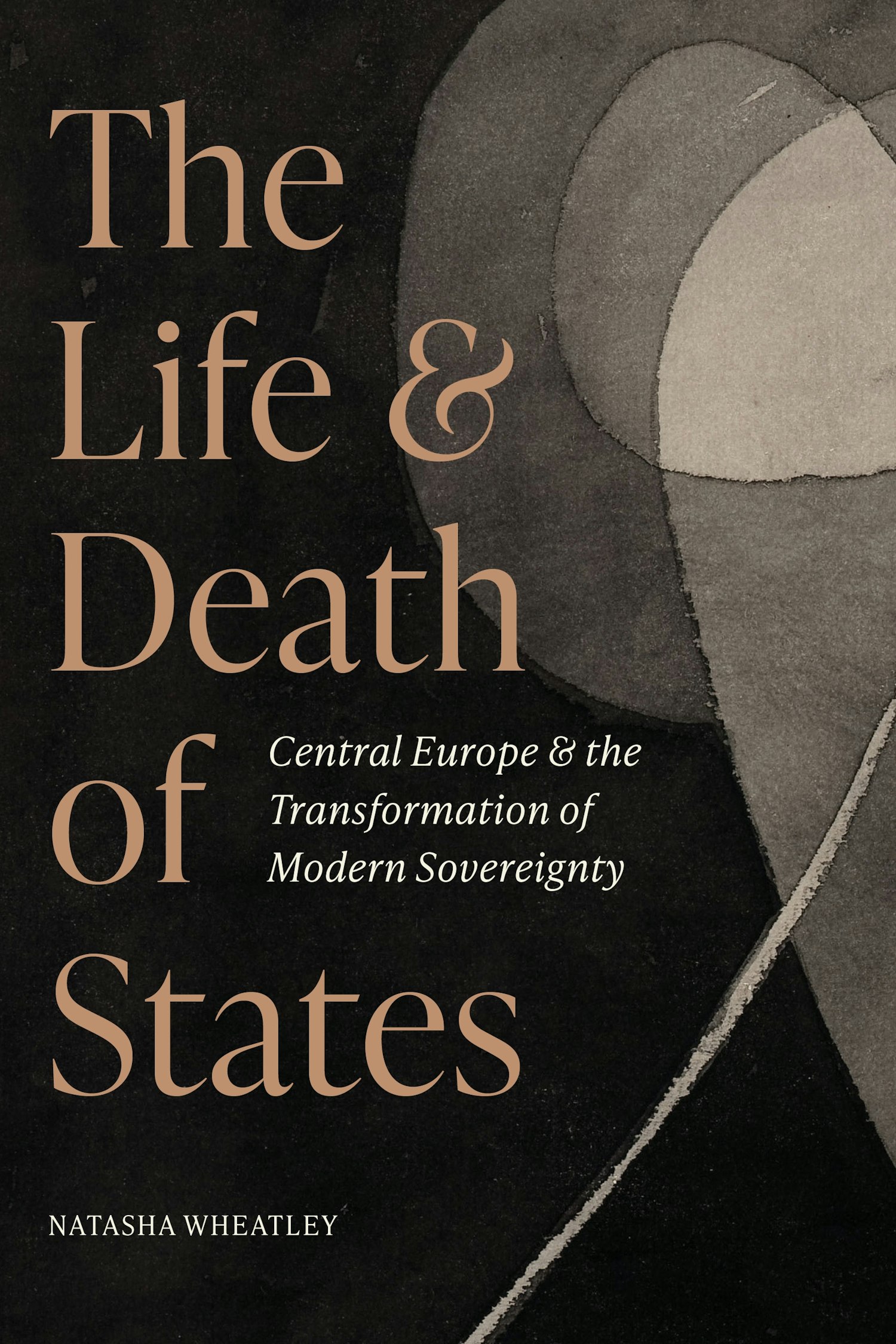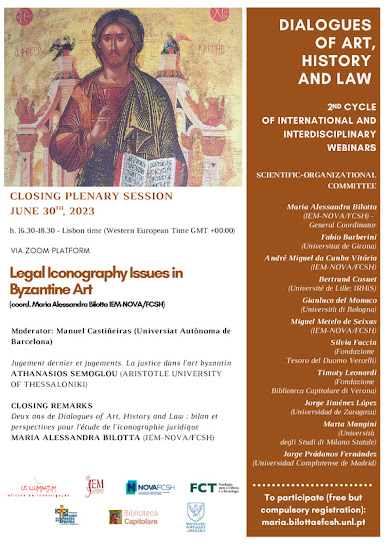The VUB has a PhD vacancy for a
research project on ‘Construction History, Above and Beyond. What History Can
Do for Construction History’.
2 - Position description
The Faculty of
Engineering, Department Architectural Engineering, is looking
for a PhD-student with a doctoral grant.
More concretely your work
package, for the preparation of a doctorate, contains:
This vacancy fits within the
framework of the EOS research project “Construction History, Above and Beyond.
What History Can Do for Construction History”, directed by professors Michiel
Dehaene (UGent), Dave De ruysscher (VUB, Tilburg University), Rika Devos (ULB),
Johan Lagae (UGent), Stephanie Van de Voorde (VUB) and Ine Wouters (VUB). In
total, 3 PhD researchers and 4 postdoc researchers are included in this
project. An overview of the full project can be consulted on: www.vub.be/arch/project/eos.
The EOS research project will set
up a dialogue (in terms of sources, methodologies, concepts and cognitive
interests) between Construction History and three other fields of history,
namely Colonial History, Legal History and Planning History. As such, the
project sets out to strengthen the historical dimension of Construction
History, while simultaneously demonstrating its relevance and potential to
other fields and disciplines. The project overall concentrates on selected
aspects in 19th and 20th -century building knowledge and building practice in
Belgium and its former colony, with particular attention for tacit knowledge,
in order to voice crucial yet underrated actors, sources and types of
knowledge.
The individual trajectory of each
researcher is embedded in this larger team, operating in the 3 universities
(VUB, UGent and ULB). Intensive exchange and shared outcomes among team members
are crucial for the success of the project. The PhD positions are each situated
in one of the 3 fields of dialogue: (1) colonial history – construction
history; (2) legal history – construction history and (3) planning history –
construction history.
This specific vacancy is issued
by Vrije Universiteit Brussel (VUB) and engages in the dialogue between legal
history and construction history. It is co-supervised by profs. Dave De
ruysscher (VUB, Tilburg University) and Stephanie Van de Voorde (VUB).
The proposed dialogue between
Legal History and Construction History will focus on the normativity of
‘implicit’ and ‘practical’ knowledge in building in Belgium, during the 19th
and 20th centuries. This type of knowledge is often enforced through informal
rules, in many segments of society. The field of Construction History holds
promising opportunities to further disentangle normativity and informal rules,
as they can be enforced in the case of harm or construction faults. The
liability of architects, contractors and even workers was tested against ‘rules
of the trade’, which were rules of implicit, practical knowledge. The sources
that can be used range from instructional literature to case law, in which the
liability of constructors is explored. These sources shed light not only on the
appraisal of ‘rules of the trade’ but also on how legal practitioners
categorized ‘practical knowledge’.
The PhD project in the dialogue
between legal history and construction history will investigate cases of
liability of architects, contractors and construction workers. The main
research questions relate to the assessment of practical knowledge in cases of
liability and negligence, and to the differences between the actors involved
(i.e. construction professionals versus legal practitioners). The sources used
will be instructional guidebooks, published case law, legislation, and archival
sources (courts of appeal of Ghent, Antwerp and Brussels). Also less explored
archives of associations dedicated to expertise and arbitration can play a
crucial role, like the archives of the private organization Association Belge
des Experts (holding reports on court and arbitration cases) or the Chambre
d’Arbitrage et de Médiation (archival pieces on reports and sentences, with
references to court cases as well, since the 1960s). One part of the research
will cover ‘expertise’ in these cases, looking into who qualifies as an expert
and why. In relation to this, expert reports are expected to reveal how the
rules of the trade interacted with the legal rules, as the experience in
drawing up reports for courts requires a minimal degree of acquaintance with
legal categories and jargon.
For this function, our Brussels
Humanities, Sciences & Engineering Campus (Elsene) will serve as
your home base.
3 - Profile
What do we expect from you?
- You will hold one of the following master
degrees (Master 120):
- MA in History
- MA in Architecture
- MA in Architectural Engineering
- MA in Law
or equivalent.
Also master students
graduating in the academical year 2022-2023 are welcomed.
- We are looking for a candidate with expertise in
historical research and affinity for legal and/or institutional history.
Affinity for construction history and architecture history is a plus.
You need to demonstrate an
affinity for legal and/or institutional history and:
- fluent passive knowledge of Dutch and French;
- a B2 level in English;
- good editing skills, to be demonstrated by a
sample of writing: a copy of the master thesis and/or a research paper;
- good competences in teamwork and good social skills;
- an interest in participating in international
congresses;
- passion for research in these domains, including
archival research.
About the position:
- The PhD position is funded by a 4-year EOS
research project and is offered as a bursary position, following the
standards of VUB (Vrije Universiteit Brussel). See www.vub.be/phd#phd for
further details. The project additionally covers expenses related to
research visits, participation in conferences, publications, etc. as well
as running costs.
- You will be embedded in the open academic
environment uniting 3 leading Belgian universities in the intensive
collaboration on 1 project. You will benefit from the guidance of the
supervisors, the direct interaction with a postdoctoral researcher working
also in the dialogue between Legal History and Construction History, the
interaction with the full team and the visibility that will result from
it. You will also be supervised by a doctoral coaching committee and
invited to engage in the doctoral training during the full duration of
the project (2023-7).
- You will contribute actively to the organisation
of the involved departments at VUB and engage in educational activities.
These activities can cover the guidance of students in exercises,
following up master theses, etc. following the needs of the departments
and the skills of the researcher. The amount of hours will not exceed the
limits set by FWO.
- You have not performed any works in the
execution of a mandate as an assistant, paid from operating resources,
over a total (cumulated) period of more than 12 months.
4 - Offer
Are you going to be our new
colleague?
You’ll be offered a full-time
PhD-scholarship, for 12 months (extendable up to max. 48
months, on condition of the positive evaluation of the PhD activities), with
planned starting date 01/10/2023.
You’ll receive a grant linked to
one of the scales set by the government.
IMPORTANT: The
effective result of the doctorate scholarship is subject to the condition
precedent of your enrolment as a doctorate student at the university.
At the VUB, you’re guaranteed an
open, involved and diverse workplace where you are offered opportunities to
(further) build on your career.
As well as this, you’ll enjoy
various benefits:
- Full reimbursement for your home-work commute
with public transport according to VUB-policy, or compensation if
you come by bike;
- Cost-free hospitalisation insurance;
- The space to form your job content and continuously
learn via VUB LRN;
- Excellent facilities for sport and exercise;
- Ecocheques;
- Delicious meals at attractive prices in our campus
restaurants;
- An open, family-friendly work environment where
attention is paid to work-life balance, and exceptional holiday
arrangements with 35 days of leave (based on a fulltime
contract).
5 - Interested?
Is this the job you’ve been
dreaming of?
Send us ONLINE and at
the latest on 14/07/2023:
- Motivation letter (in English, max. 500 words),
mentioning also the contents of the application file;
- Curriculum vitae with list of publications if
available;
- Copy of the diploma (if graduated) and grade record
of master studies;
- A sample of writing: your master thesis (if
finished) and/or your best research paper (individual work, in Dutch,
French or English);
- Annexes, if relevant (publications, award
certificates, etc.)
Interviews are planned in the
week of August 2023.
Do you have questions about the
job content? Contact Stephanie Van de Voorde at
Stephanie.Van.de.Voorde@vub.be or on +32-2-6292840.
Would you like to know what it’s
like to work at the VUB? Go to www.vub.ac.be/vacatures and
find all there is to know about our campuses, benefits, strategic goals and
your future colleagues.
All info via the website
of the VUB
















